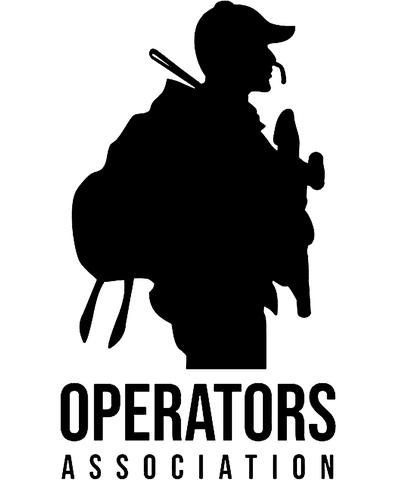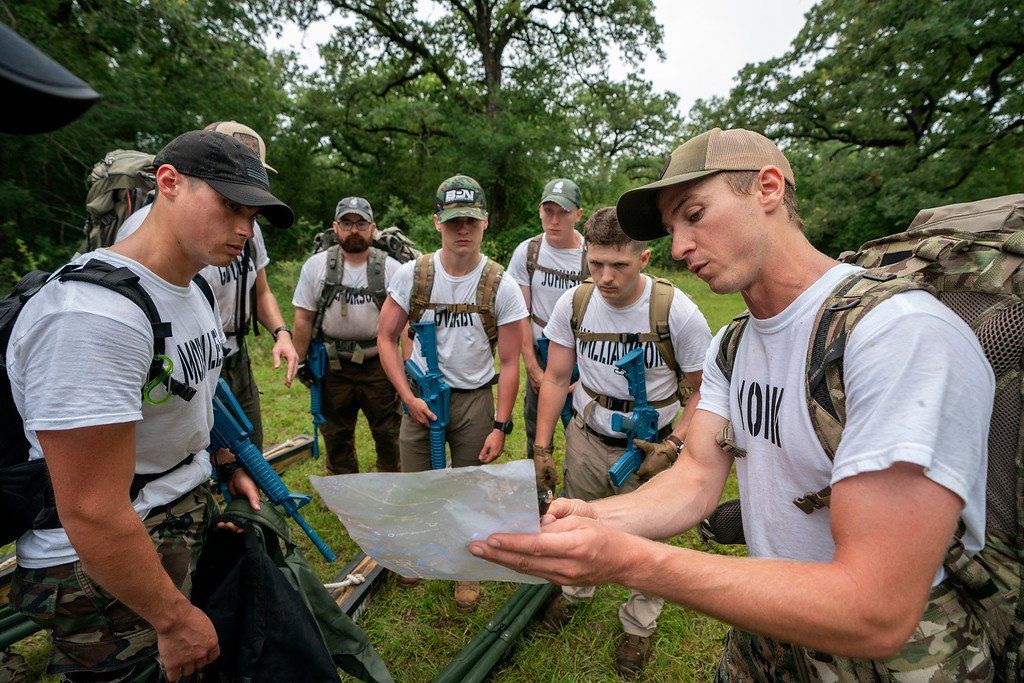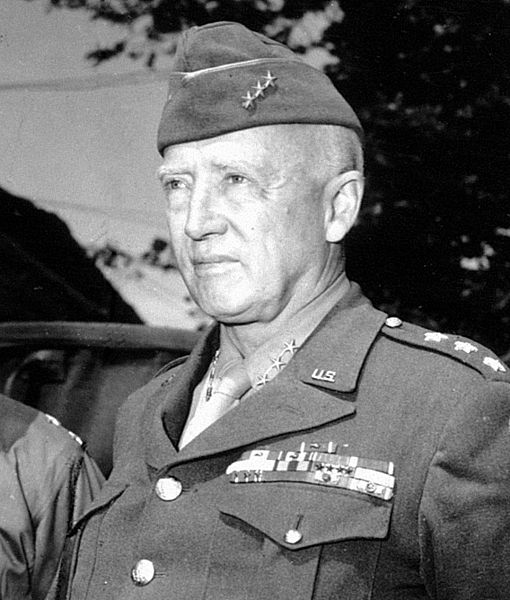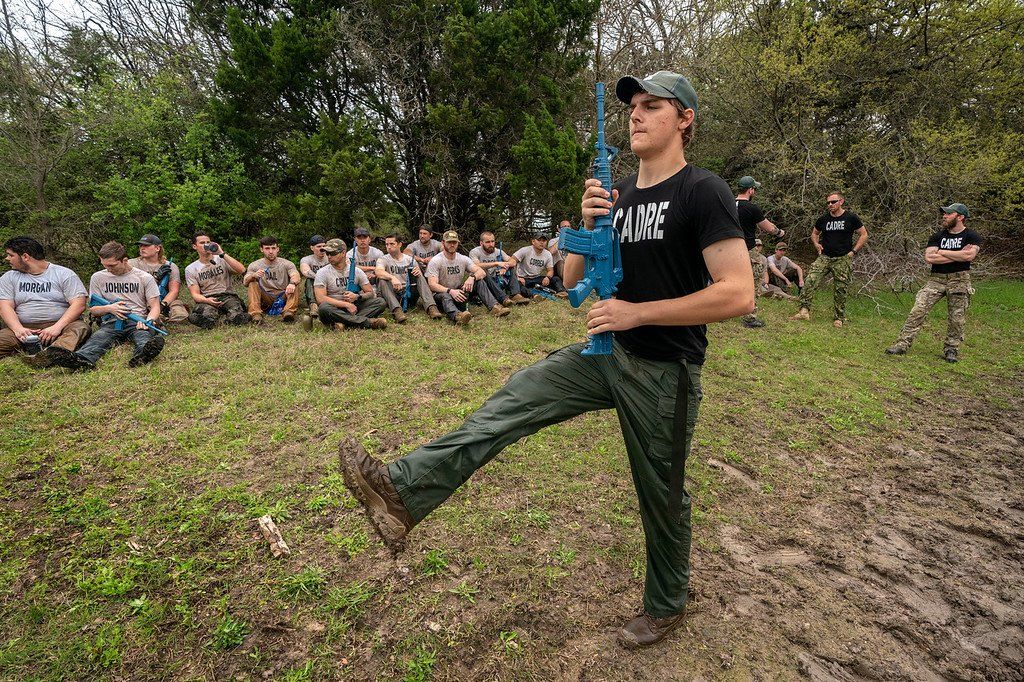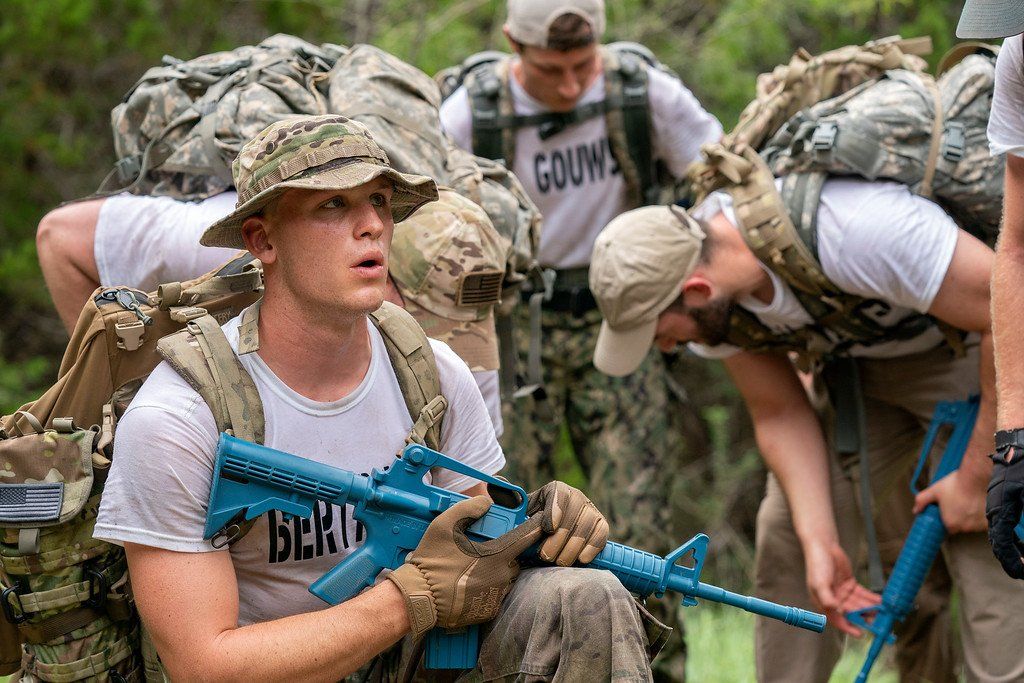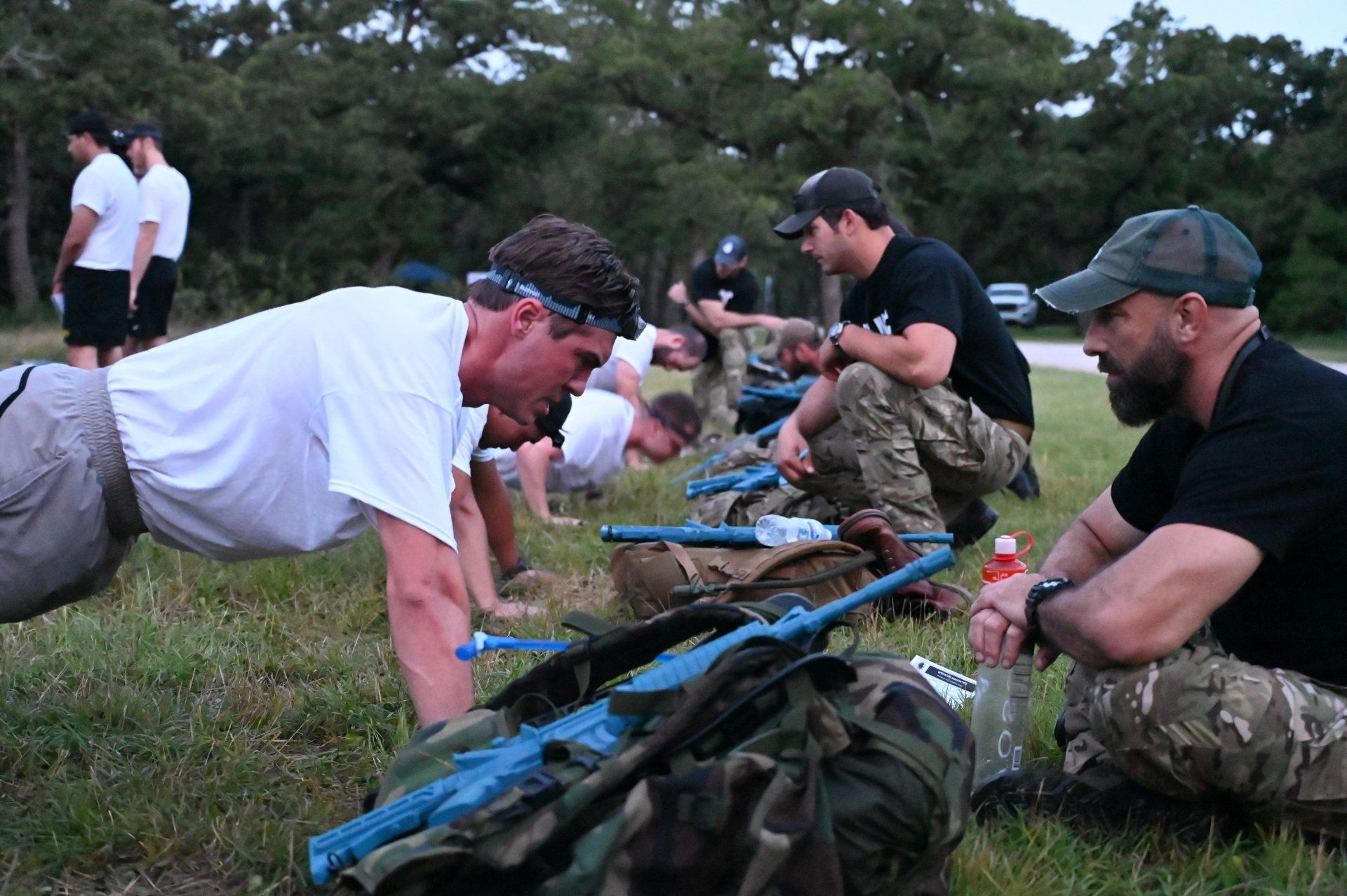Life and Leadership Skills from the Art of War
Jul 25, 2021
Excerpts from history's most influential war manual and their modern applications.
Despite being alive over 2500 years ago, Sun Tzu is one of history’s most recognized military strategists, leaders, and philosophers. The manuscript that he authored, entitled the Art of War, is still as relevant to military strategy today
as it was two millennia ago. It outlines the laws and critical tactics of war, ranging from espionage to guerilla and unconventional warfare. The manuscript has had a profound impact on how war is fought and has been studied by generals, commanders, and military leaders for centuries. The Art of War is so ubiquitous amongst militaries that it has even been added to the Marine Corps
Professional Reading program.
In this OA guide, we’ll take a look at four excerpts from the Art of War and break down their significance to modern civilian and military leadership.
Lesson 1: Pick Your Battles
“To win one hundred victories in one hundred battles is not the pinnacle of skill. To subdue the enemy without fighting is supreme excellence.”
In this quotation, Sun Tzu refers to the importance of seeking a swift and decisive victory. During Sun Tzu’s era, military sieges and long, protracted campaigns were common in warfare. But he noticed that these lengthy military campaigns would often do more harm than good – draining resources and destroying army morale.
In his campaigns, Sun Tzu would often avoid engaging in large-scale battles or sieges and instead focus on attacking strategic enemy positions like supply camps or weakening the foe’s diplomacy through propaganda.
In a modern perspective, Sun Tzu’s statement can be interpreted as “picking your battles.” Don’t rush into conflict without considering the consequences and making strategic decisions. Ask yourself, is there a more efficient way to accomplish my goals? Is there a more productive way I can allocate my teammates’ strengths? Is it absolutely necessary for me to engage in this conflict, or can I still accomplish my mission if I avoid it?
Lesson 2: Use Your Resources Wisely
“In battle, use the normal force to engage and the extraordinary to win.”
In many ways, Sun Tzu’s teachings have pioneered and inspired many of the modern military’s logistics and tactics. In a time when mass army charges and brute force were common battle tactics, Sun Tzu instead focused on localized attacks, specialized forces, and early guerilla warfare. By doing this, he minimized his casualties while inflicting maximum damage to his enemies. He would often prioritize destroying enemy supply lines and spreading propaganda over meeting armies on the field of battle. While we may be far past the age of spears, arrows, and cavalry, many of Sun Tzu’s war philosophies are still reflected in the modern military’s special forces.
In this passage, Sun Tzu makes a statement against the use of brute force. Instead, he encourages militaries to select and specialize their units – using each for a different purpose. Sun Tzu would often use his regular foot soldiers to engage the enemy while “extraordinary forces” (the Ancient Chinese equivalent of modern Special Forces) would be used to win the battle with accurate, damaging attacks.
From a modern perspective, Sun Tzu’s statement can be seen as a warning to use your resources wisely. When attacking a problem or trying to overcome an obstacle, don’t commit all of your forces into one place. If working with a team, don’t make every person perform the same task. Instead, learn about each person in your group and what makes them an “extraordinary force.” Then assign tasks that play into the individual’s specialty and maximize each person’s efficacy.
Lesson 3: Understand what Inspires Your People
“In order to make the soldiers courageous in overcoming the enemy, they must be roused to anger. In order to capture more resources from the enemy, they must have their rewards.”
Inspiring others and facilitating progress is one of the most crucial tasks of a leader. If you can't galvanize your people into action, your team will inevitably fail to accomplish the objective. When individuals believe in the purpose and principle of their mission, they are willing to run through gunfire to achieve it.
Sun Tzu understood the importance of inspiring his men and leading armies not only with strategy but also with emotion. A critical aspect of being able to inspire others is understanding what drives them and what emotions are required at any time. In this quotation, Sun Tzu makes a point of showing that men need different forms of inspiration in different circumstances (Battle = Anger; Gathering = Greed).
If you want to become a more effective and inspiring leader, you must not only understand the situation that your team is facing but also what emotions and beliefs inspire your teammates.
Lesson 4: Understand Your Terrain
“Know the enemy, know yourself; your victory will never be endangered. Know the ground, know the weather; your victory will then be complete.”
If you have read our other OA leadership guides like How to Make Decisions Under Stress and How to Improve Your Strategic Thinking Skills, , you are already familiar with the idea of understanding your terrain.
In a strategic leadership sense, your “operating terrain” does not always refer to physical land features. It can include any external influence that impacts your ability to carry out a mission (relationships, politics, business competitors, etc.). In his passage, Sun Tzu explains the importance of understanding yourself, your enemy, and your environment. If you can successfully analyze all of the internal and external factors that influence your success, you effectively have a “cheat sheet” that you can use to make informed plans and decisions.
You can read all of the world's manuscripts, but the best way to learn how to be a leader is to surround yourself with leaders. That’s where we come in. When you join as an OA Aspiring Operator, you get instant access to exclusive podcasts, live streams, accountability groups, and a 900+ member community that will push you to improve. Get started today by visiting our membership packages page!
